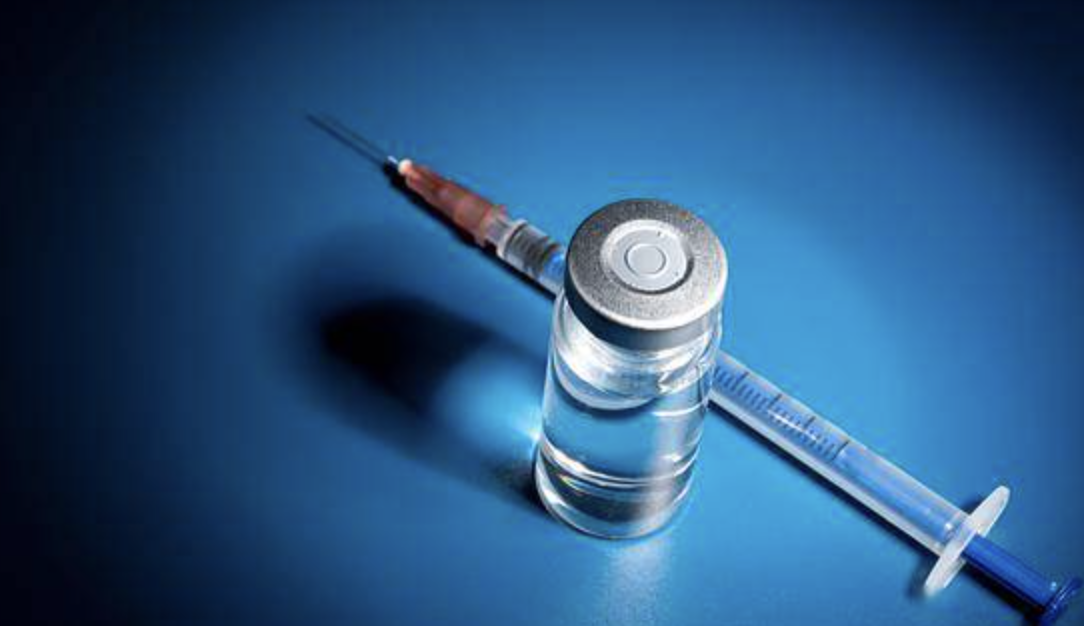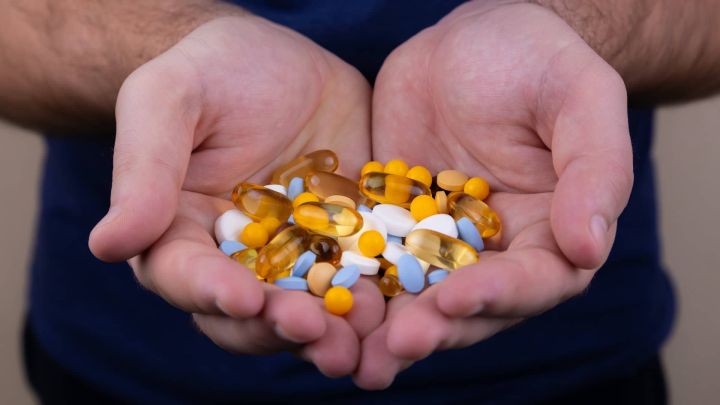Apparatus
Germany Develops Faster, Cheaper New Crown Pcr Assay
The Fraunhofer Institute in Germany has now developed two techniques that could make testing faster and cheaper.

By World Health Care PCR testing is essential for the reliable detection of new crowns, but it is expensive and time-consuming. The Fraunhofer Institute in Germany has now developed two techniques that can make the test faster and cheaper.

The first technique combines the advantages of PCR testing and rapid antigen testing with a pathogen analyser - providing reliable results in just 20 to 40 minutes. In addition, it can detect up to 11 other pathogens simultaneously. Because one identifies the genetic material of the virus directly, the test is very accurate, as is the PCR test. However, to amplify the genetic material, scientists use different methods, which is why results are available after 20 to 40 minutes.
The second technology Fraunhofer researchers are currently developing a scalable, open and digital PCR test system that should provide results after 15 minutes. To be better prepared in the future, the test needs to be carried out immediately, detecting infections as clearly as possible in a highly sensitive manner and within minutes, and transmitting the results immediately and digitally to decision makers. The Fraunhofer Institute for Microtechnology and Microsystems IMM and Experimental Software Engineering IESE are working on such a rapid testing system in the OPEN-POCT project.

"We want to transfer PCR from the laboratory to a rapid test system that can be used in large quantities in the field. That is why we have designed our solution as an open system to enable many manufacturers to produce components such as cartridges or reagents," says Dr Christian Freese, scientist at the Fraunhofer Institute for Microtechnology and Microsystems, "In principle, the price per person tested should be in the low single-digit euro range".
"Reliable, fast and inexpensive tests, such as the one now being developed by Fraunhofer, will also be an important tool for future infectious diseases in order to contain transmission as much as possible. Both technologies demonstrate the strength of German research and development in these areas." Dr Marcus Schmidt, Head of Chemistry and Health at the German Federal Foreign Trade and Investment Agency, said, "Germany is a European leader in the fields of biotechnology, pharmaceuticals and diagnostics. It is therefore no coincidence that the world's first diagnostic kit for the detection of Covid-19 was developed in Germany and that the new crown vaccine was brought to market quickly."
The German Federal Foreign Trade and Investment Agency is the German federal government's agency for foreign trade and domestic investment. The agency provides advice and support to foreign companies entering the German market and assists companies established in Germany to enter foreign markets.
-
![]()
![]() ApparatusFeb 02, 2026
ApparatusFeb 02, 2026Cancer Vaccine Shows Its Power! Survival Of Patients With Advanced Colorectal Cancer Extended By More Than 3 Times!
-
![]()
![]() ApparatusFeb 01, 2026
ApparatusFeb 01, 2026Biyze For The Treatment Of Chronic Lymphocytic Leukaemia And Marginal Zone Lymphoma
-
![]()
![]() ApparatusJan 31, 2026
ApparatusJan 31, 2026New Study Reveals Antibiotic Abuse For Sore Throats Pushes Up The Third Leading Cause Of Death Worldwide
-
![]()
![]() ApparatusJan 30, 2026
ApparatusJan 30, 2026"New 'Breakthrough' Alzheimer's Drug Approved: Slows Brain Decline By 27%, But $26,500/Year Pricing Controversial
-
![]()
![]() ApparatusJan 29, 2026
ApparatusJan 29, 2026Over 30% Of Tumours In Advanced Lung Cancer Patients In Remission With Frontier Drug Teliso-V In Combination With Troche!




